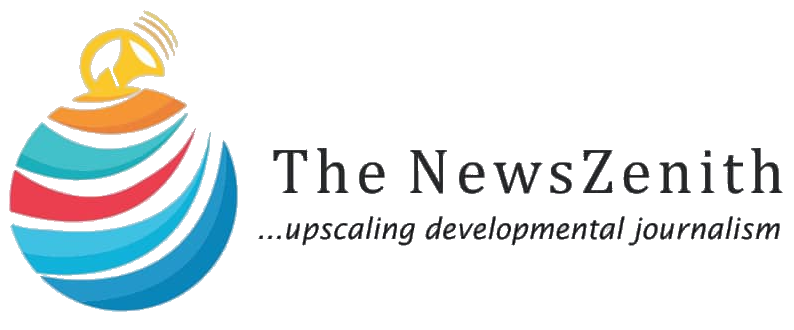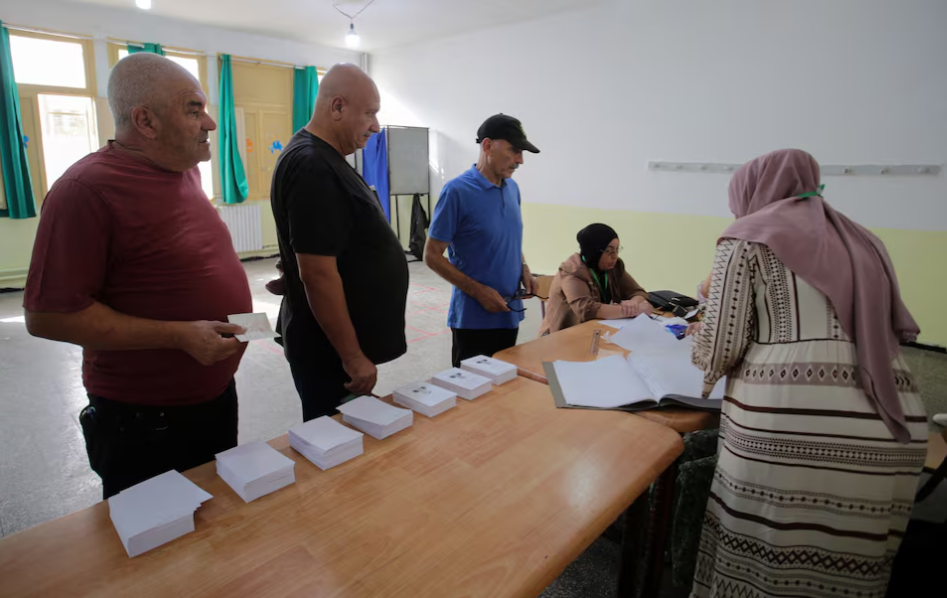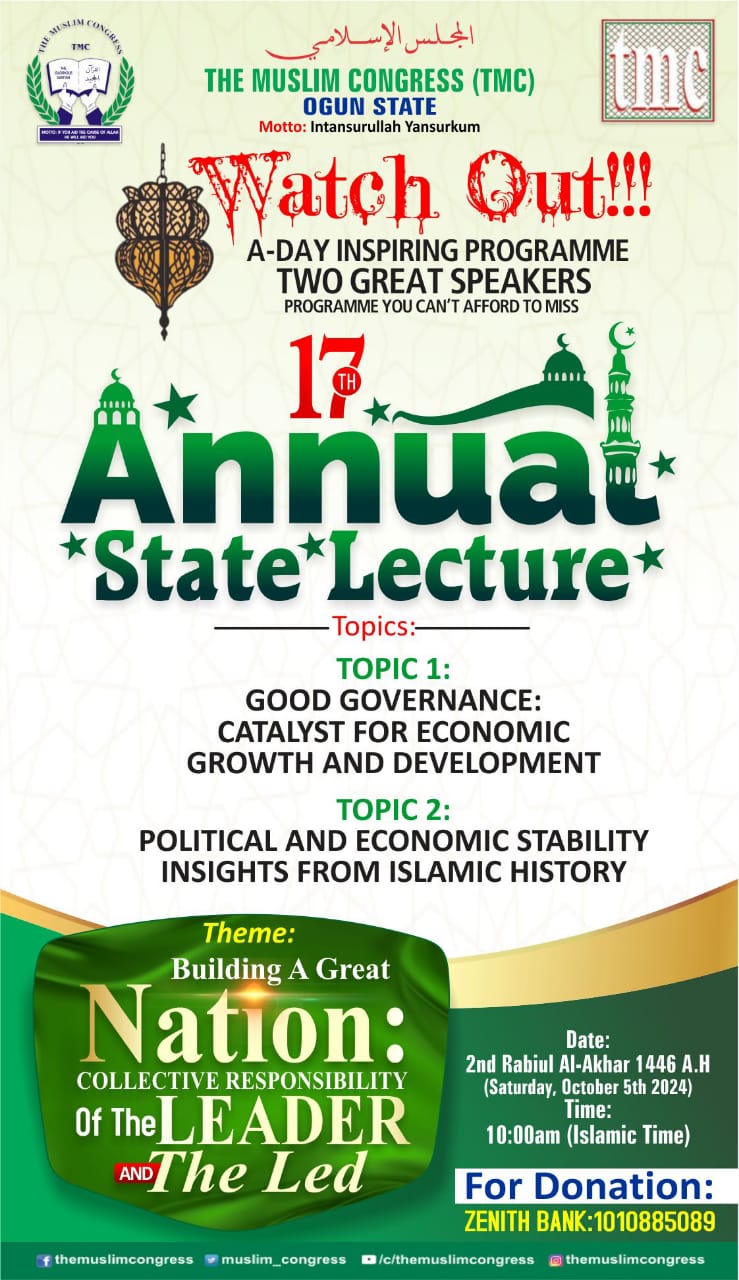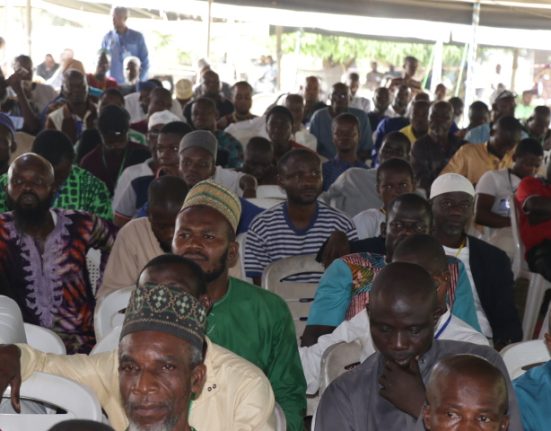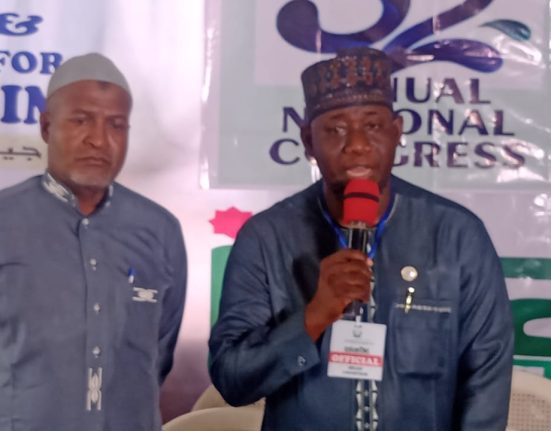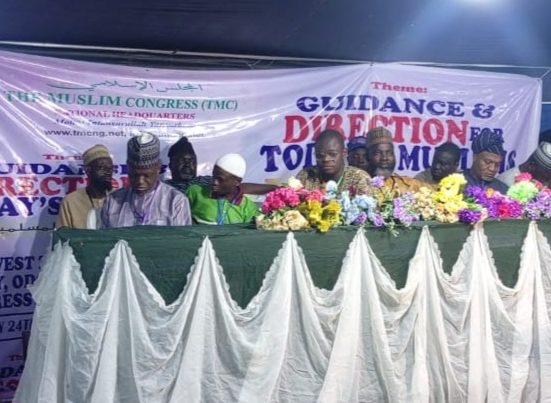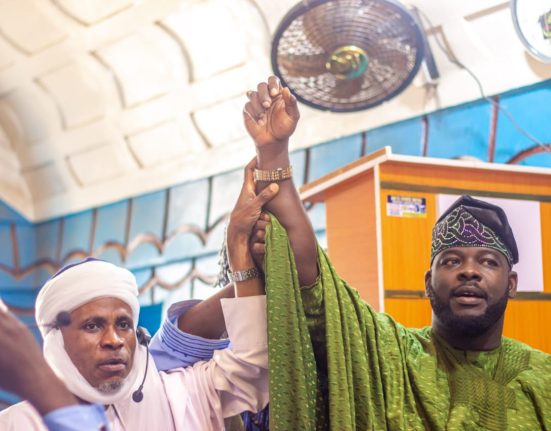Algerian authorities declared President Abdulmadjid Tebboune the overwhelming winner of Saturday’s Presidential election on Sunday.
But, a rival candidate alleged irregularities in the count and fewer than half of registered voters cast ballots.
Official preliminary results gave Tebboune 95 per cent of the vote. This is enough to avoid a second-round run-off.
Abdelaali Hassani Cherif got three per cent and Youcef Aouchiche two per cent. The turnout was 48 per cent.
Tebboune, backed by the military, was facing only nominal opposition from Hassani Cherif, a moderate Islamist and Aouchiche, a moderate secularist.
Both candidates ran with the blessing of Algeria’s powerful establishment.
Hassani Cherif’s campaign said polling station officials had been pressured to inflate results.
He also alleged failures to deliver vote-sorting records to candidates’ representatives and instances of proxy group voting.
“This is a farce,” said Hassani Cherif’s spokesperson, Ahmed Sadok.
Read Related News:
- Algeria, Türkiye trade volume hits $6.3b in 2023
- Cameroon qualifies for U-17 Africa Cup of Nations in Algeria
- Algeria recalls ambassador to France
- Arab, Muslim leaders demand end to Gaza war
- Algeria recalls ambassador to France
He added that his candidate had won far more votes than had been announced, citing the campaign’s tallies from regions.
Reuters could not immediately verify those tallies or reach Tebboune’s or Aouchiche’s campaign for comment.
However, electoral commission head, Mohammed Charfi, said when announcing the results that the body had worked to ensure transparency and fair competition among all candidates.
Late on Sunday, three presidential candidates, including Tebboune and Cherif, issued a joint statement, objecting to the provisional results announced by the electoral commission.
“We inform public opinion of the ambiguity, contradiction, vagueness and conflicting numbers recorded with the announcement of the provisional results of the presidential elections,” the joint statement said.
Tebboune’s re-election means Algeria will likely keep on with a governing programme that has resumed lavish social spending.
This is based on increased energy revenues after he came into office in 2019 following a period of lower oil prices.
He has promised to raise unemployment benefits, pensions and public housing programmes, all of which he increased during his first term as president. (Reuters)
Do you have a flair for Citizenship Journalism? Share stories of happenings in your area with TheNewsZenith on WhatsApp: 08033668669 or thenewszenithonline@gmail.com. Follow us on www.tiktok.com/@thenewszenithonline. Also, visit, subscribe and like our videos on YouTube
